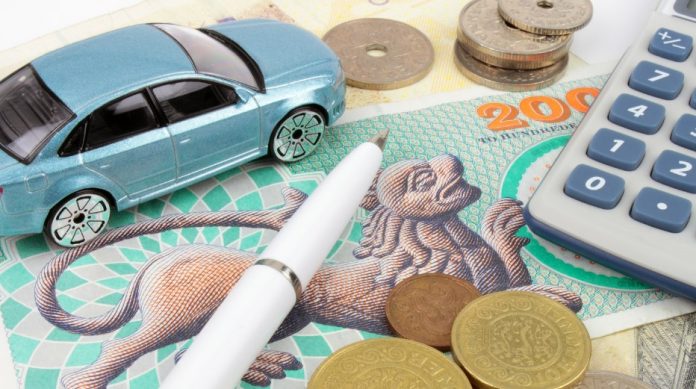People are split between car leases and cars on credit as auto financing choices like car leases and car loans become more common ways of obtaining a vehicle. Leasing an automobile is a much simpler method that allows you to relax and enjoy yourself without worrying about upkeep because the leasing company generally handles it. An auto loan application, on the other hand, is a time-consuming procedure unless done online. Furthermore, a vehicle loan makes the automobile available to you after the loan period, but a car lease requires you to return it.
What does Car Leasing Entail?

A car lease essentially allows you to drive a vehicle of your choice for a set amount of time. In exchange for monthly rentals set by the leasing firm, they would supply you with an automobile while maintaining full ownership of the vehicle. You are not responsible for paying the road tax, maintenance expenditures, or other recurrent costs. While some leasing firms need you to purchase automobile insurance, others may cover the expense as part of the rental fee. Your eligibility will be determined by factors such as your age and income. You must return the vehicle to the firm after the lease time.
What do we mean by a car loan?

A car loan is a valuable financial tool that allows you to pay for your dream car monthly. The automobile you obtain will serve as a guarantee for car loan and car finance. If you default on your automobile loan, the lender will possess the vehicle. The EMI you must pay for your auto loan will be determined by the bank’s interest rate. Your vehicle loan eligibility is determined by factors such as your salary, credit score, age, etc.
Which is better?

Even if the overall cost of a car loan is higher, you should regard the payments as an investment because you will own the vehicle after the term. A car lease, on the other hand, costs less but requires you to return the vehicle when the agreed-upon term has passed. You might select car leasing if you want to swap between cars and don’t want to invest in a single-vehicle. Individuals who want to buy a car, on the other hand, should take out a car loan.
Things to consider before leasing a car or loaning it:
- Before you visit the dealership and discuss finance, get an “out-the-door” price for the automobile in writing. That means having the dealer provide you with the car’s full price, including taxes and fees, before financing. Having this information written down before you go to the dealership will help you evaluate offers from different dealers on an apples-to-apples basis, identify any hidden fees or add-ons, and maintain your focus on the entire cost.
- First and foremost, consider saving for a down payment. Down payment lowers the amount you’ll have to borrow or lease. Your overall finance or lease costs will be reduced as a result.
- Inquire about the necessity for a co-signer. If you don’t have a good credit history, you may require a co-signer on the finance contract or leasing agreement. The contract’s co-signers share equal liability. If you default on your loan, your co-signer will be held responsible. Late payments may harm your credit — and the credit of your co-signer.
Conclusion
The lifestyle, driving demands, and financial status of each individual will determine whether to lease or purchase an automobile. If you want cheaper monthly payments, change cars every few years, and not have to deal with additional responsibilities like selling your car, leasing may be a good option. Buying a car means you have equity, which is typically a better financial move in the long term.


































